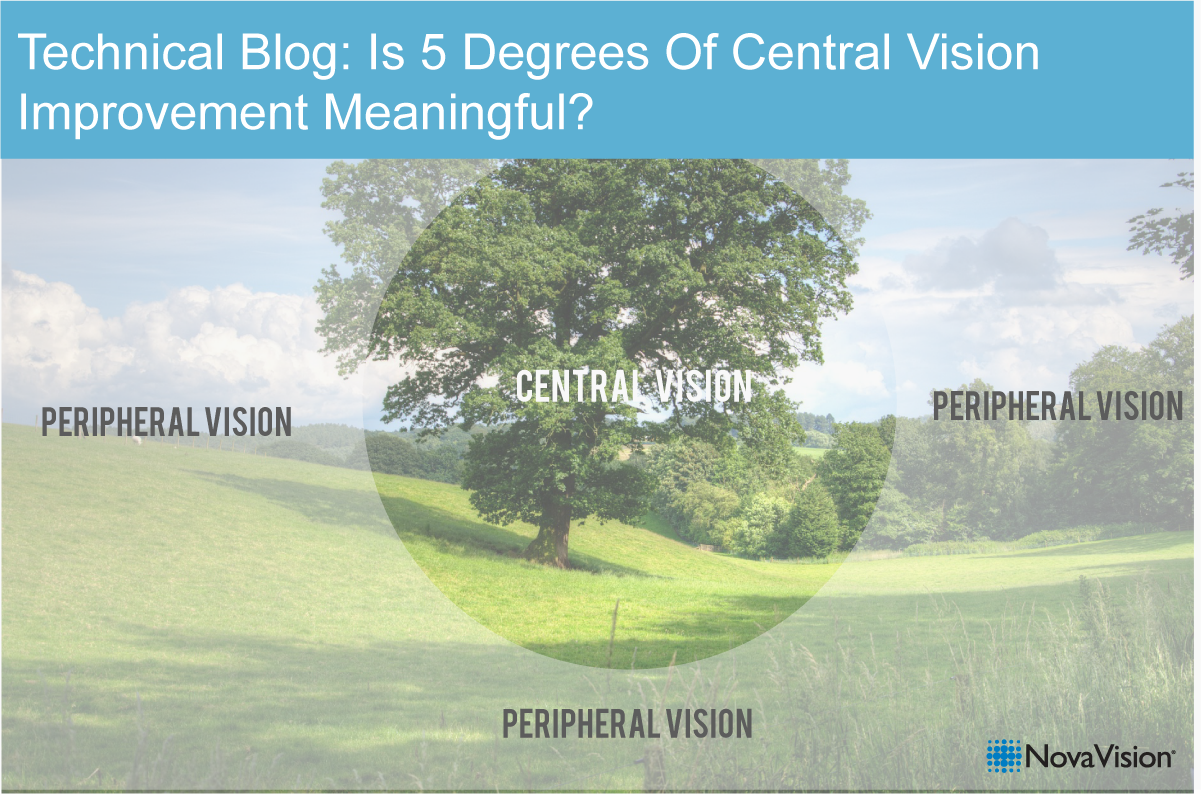NovaVision Vision Restoration Therapy VRT is designed to improve visual functions in patients with neurological visual field loss. The most common cause of neurological visual field loss is an ischemic stroke, in particular, a stroke affecting the posterior cerebral artery (PCA), or a brain haemorrhage (haemorrhagic stroke).
However, even medical professionals are often not fully aware that visual field loss can be caused by a variety of other conditions, and that VRT can be offered to patients as a rehabilitation therapy.
A number of conditions can lead to damage to the visual pathway or visual centre in the brain, with the result being a treatable visual field defect for both eyes:
- Strokes in general – ACA, ICA, MCA and vertebra-basilar strokes, in addition to PCA
- Conditions which can lead to a haemorrhagic stroke, such as Cerebral Aneurysm or Arteriovenous Malformation (AVM)
- Traumatic Brain Injury (TBI), or closed head injury
- A brain tumour (e.g. meningioma or astrocytoma) or an operation to remove or reduce a brain tumour
- Other types of brain surgery
- Encephalitis (fully recovered)
There are also conditions of the optic nerve leading to visual field loss for only one eye at a time. Typical reasons for damage to the optic nerve resulting in treatable visual field loss are:
- Traumatic Brain Injury (TBI)
- A brain tumour
- Anterior Ischemic Optic Neuropathy (AION) or Posterior Ischemic Optic Neuropathy PION
Clinical studies have been published which support the effectiveness of VRT in visual field loss due to optic nerve damage from brain tumour or AION
NovaVision VRT is indicated only to treat visual impairments caused by neurological disorders such as stroke, head injuries, and brain tumours. Refractive errors like myopia, hyperopia, astigmatism, or presbyopia are not treated with VRT. NovaVision is also often asked whether VRT can effectively treat visual field defects resulting from glaucoma. VRT is not indicated for the treatment of glaucoma and NovaVision does not have clinical experience with glaucoma treatment; however, a recent independent clinical study demonstrated VRT-related improvements of the visual field for glaucoma patients.
To learn more about VRT and whether a patient might be a candidate, please feel free to reach out to our team at any time or take our free online vision test.




Recent Comments